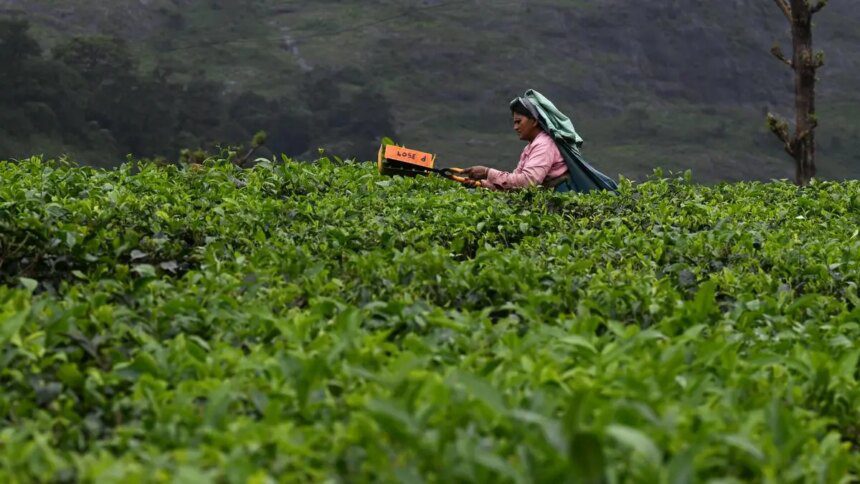Experts at the India International Tea Convention 2025 have emphasized the necessity of collaboration among all stakeholders in the tea industry to transform the tea value chain from cultivation to consumption. This transformation aims to create a system that is more resilient, inclusive, and responsive to future demands.
In his inaugural address, L. Satya Srinivas, Special Secretary of the Commerce Ministry, highlighted the urgency of enhancing collaborative efforts between the government and industry to shift focus from despair to hope. He raised concerns regarding several challenges within the industry, including cultivation practices, climate impacts, sustainability issues, and rising production costs. “We need to prepare ourselves for sustainable tea production with the help of innovation and technology,” he stated.
The government and the Tea Board have initiated various initiatives to benefit the sector and improve worker health. Srinivas articulated the importance of a united approach from both government and industry to tackle issues related to climate change, global trade imbalances, and evolving consumption patterns.
Mathew Abraham, President of UPASI, posited that tea should be rebranded not merely as a traditional beverage but as a sustainable option that symbolizes health and wellness, appealing particularly to younger consumers. He asserted that this repositioning could drive demand, enhance sustainability, and secure the future of the industry.
Currently, India’s per capita tea consumption averages 840 grams, significantly lower than the consumption rates in leading tea-consuming countries. Abraham advocated for sustained domestic production and the development of export markets as essential strategies moving forward.
He also noted that trade dynamics are shifting, with traditional buyers such as Russia, Afghanistan, Iran, Turkey, and the UK reducing imports. Conversely, emerging markets in China, Saudi Arabia, Iraq, Ghana, Malaysia, and various African nations are showing growth potential. “India must reposition itself to capture these new opportunities while also regaining lost ground in traditional markets,” Abraham emphasized.
He concluded by warning that despite increased production, the declining global demand could create ongoing imbalances for stakeholders across the value chain, stating, “Unless we innovate, add value, and expand consumption, the imbalance will continue.”
Published on September 19, 2025.









